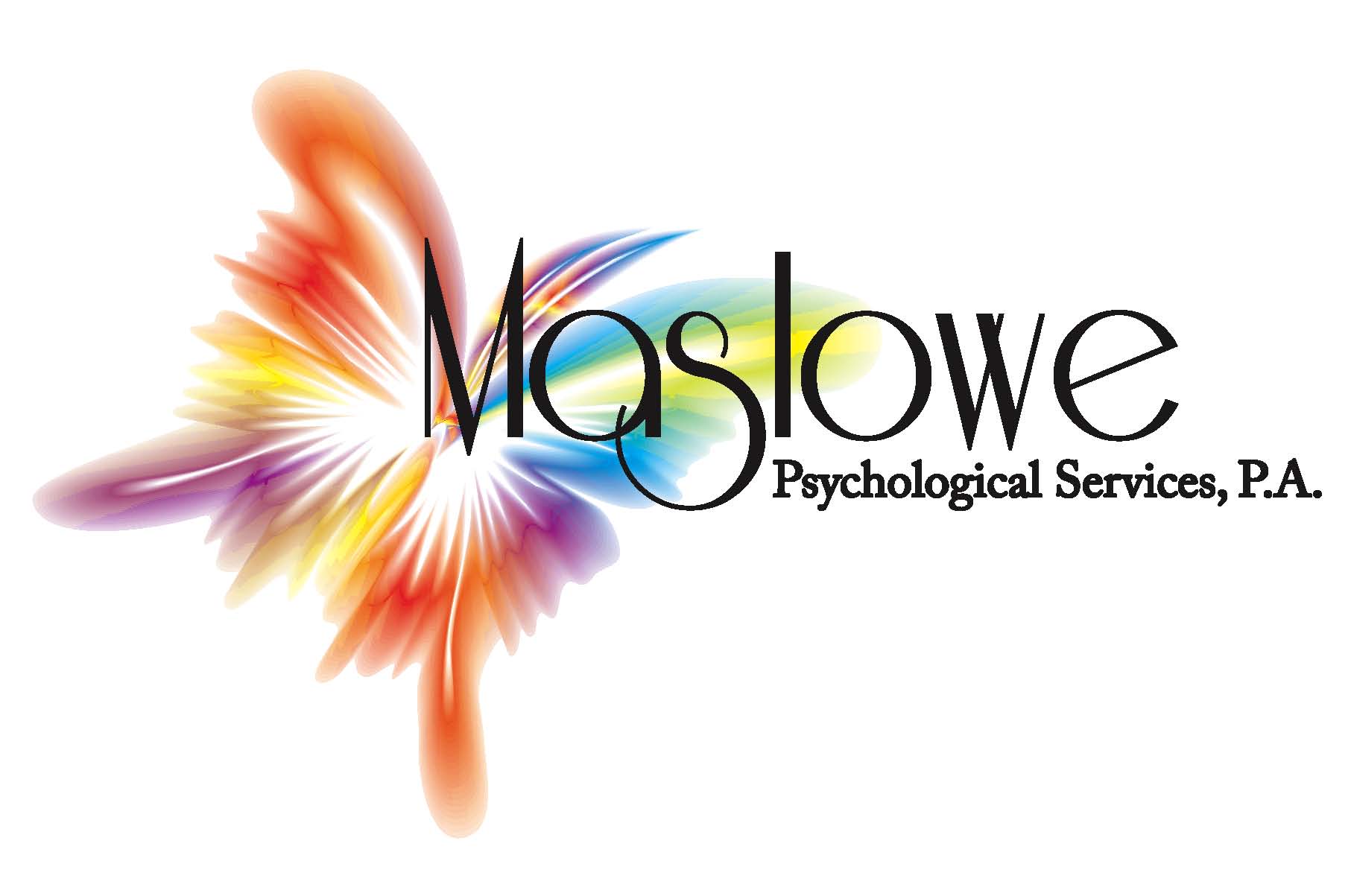Therapy for Grief
Have you experienced the loss of a loved one?
Are you walking through a huge, unexpected, change in your life?
Does grief come in waves so big that sometimes it’s hard to even stand?
Maybe you’ve recognized grief is just below the surface, asking to be honored and healed – and you find yourself withdrawn, avoiding others, or feeling like they just don’t understand.
Grief can be one of the most challenging, unique, and at times isolating experiences. We live in a broad culture that expects you to move on, pick up the pieces, and that “time heals all wounds.” But many people need support to find the new normal, walk through the dark valley, and acknowledge that time alone doesn’t make it easier.
There is nothing wrong with grief. Grief is a natural emotional response. No matter your internal or external dialogue, you are entitled to be with your grief and create a life that is filled with joy.
The process of adapting to a loss can dramatically change from person to person, depending on your background, beliefs, relationships, and many other factors. Every grieving experience is different. You may be able to continue your day-to-day routine after one loss, yet not be able to get out of bed after a different loss. Whatever your personal symptoms are, grief therapy, or the intentional creation of space to grieve with a guide, can help. Grief therapy helps you remember and honor the loss with support to navigate the pain.
If you’re struggling with grief, we invite you to connect with us for confidential, professional therapy either in person or via Telehealth.

